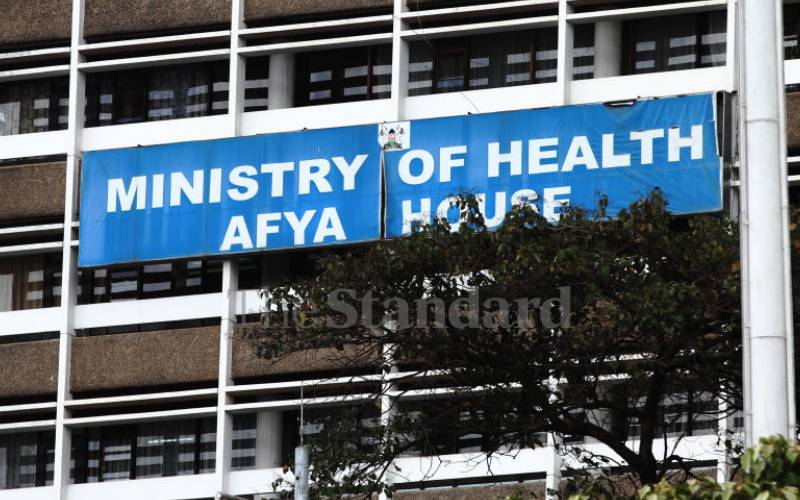×
The Standard e-Paper
Fearless, Trusted News

Ministry of Health headquarters at Afya House, Nairobi. [Elvis Ogina, Standard]
An audit report has revealed how contracts cancelled by the Ministry of Health more than 25 years ago left the government with Sh40.7 billion in pending bills.








